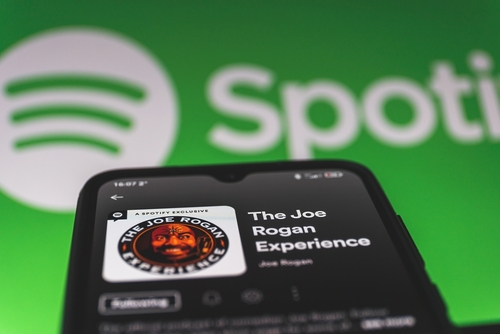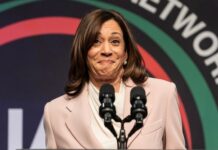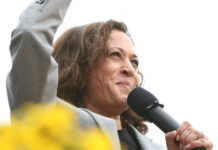
J.D. Vance brought a sharp critique of mainstream media’s approach to censorship to the Joe Rogan Experience. He spotlighted a perceived bias that leaves discussions about free speech noticeably absent. Vance accuses CNN and CBS as examples.
Vance on Media’s Silence
Republican Vice Presidential nominee J.D. Vance openly criticized media giants like CNN and CBS for failing to report on censorship calls by influential leftist politicians. During a recent appearance on Joe Rogan’s podcast, Vance addressed what he sees as a systemic issue within mainstream media—ignoring crucial debates on censorship to protect freedom of speech. This oversight, according to Vance, signals a troubling lack of integrity from these outlets in covering bipartisan issues.
Such omissions, Vance argued, contribute to the skewed landscape of public discourse. Unable to achieve balanced discussions, audiences remain deprived of seeing both sides of a pertinent issue—censorship. This one-sidedness is a disservice to democratic ideals and hampers the informed decision-making responsibilities of the citizenry. For Vance, legacy outlets are not sustaining their role as impartial reporters, tilting the public narrative instead.
JD Vance on Joe Rogan:
“One of my core political beliefs is our politics is too focused on fake shit and distractions.”
Then proceeds to call out the climate change “experts” insanity and advocates fossil fuels.
He’s the most refreshing and authentic guy in American politics. pic.twitter.com/WnfHXJSXce
— Simmo (@yoursimmo) October 31, 2024
Spotlighting Influential Voices
Central to Vance’s argument was the recent assertion from Hillary Clinton regarding the role of censorship as a tool of control. Vance highlighted that such comments go unchecked and underreported in the corporate media landscape. The omission of these powerful narratives leaves questions about the media’s commitment to objectivity and transparency. It reflects a selective coverage approach that leaves key topics like censorship largely neglected unless aligned with certain ideological standings.
By failing to amplify voices that challenge the status quo, the media risks losing the trust of its audience. Vance asserts that informed citizens require unbiased reporting, allowing them to engage with varying viewpoints and contribute to informed public dialogue. This form of media negligence not only stifles free speech but also shapes a singular narrative, failing to represent a pluralistic society.
Tried to find the Rogan/Trump interview on YouTube but no matter what I search, it's not coming up. Would be beyond bonkers if they're actively trying to suppress it. Must be a glitch, right? pic.twitter.com/BvpYzZTXWY
— DHH (@dhh) October 28, 2024
Next Steps for Media and Politics
The tensions surrounding media coverage of censorship suggest an ongoing struggle that will likely persist. As political figures continue to spotlight these biases, media organizations may face increasing pressure to reflect a broader spectrum of perspectives within their reporting. The vitality of dialogue in a democracy relies on the presence of diverse voices and balanced coverage of controversial issues.
Reform in media practices could serve as a necessary step in addressing gaps in coverage. Greater transparency and dedication to balanced reporting may restore public trust and enhance public dialogue. Ensuring that all sides of issues like censorship are adequately represented will be crucial as political and social environments evolve.











